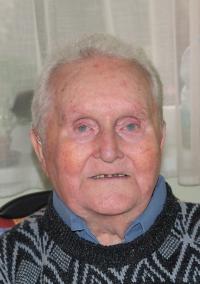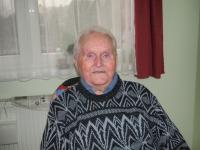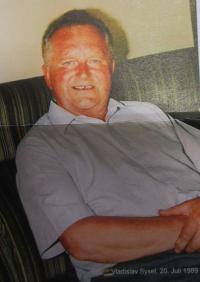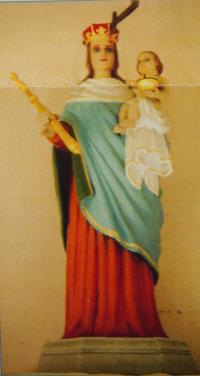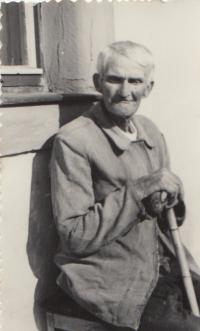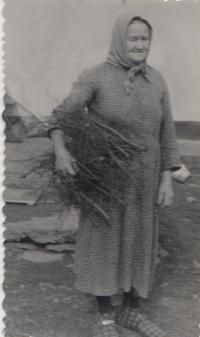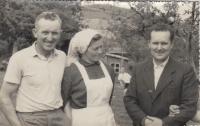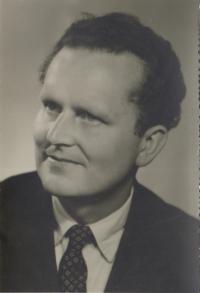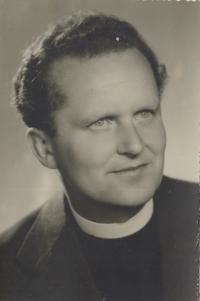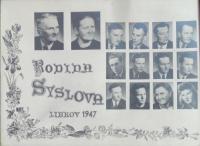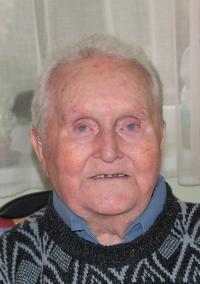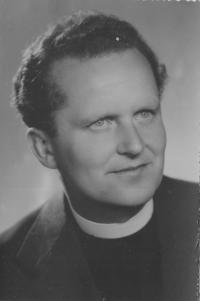Twelve years for sending a package for a cousin
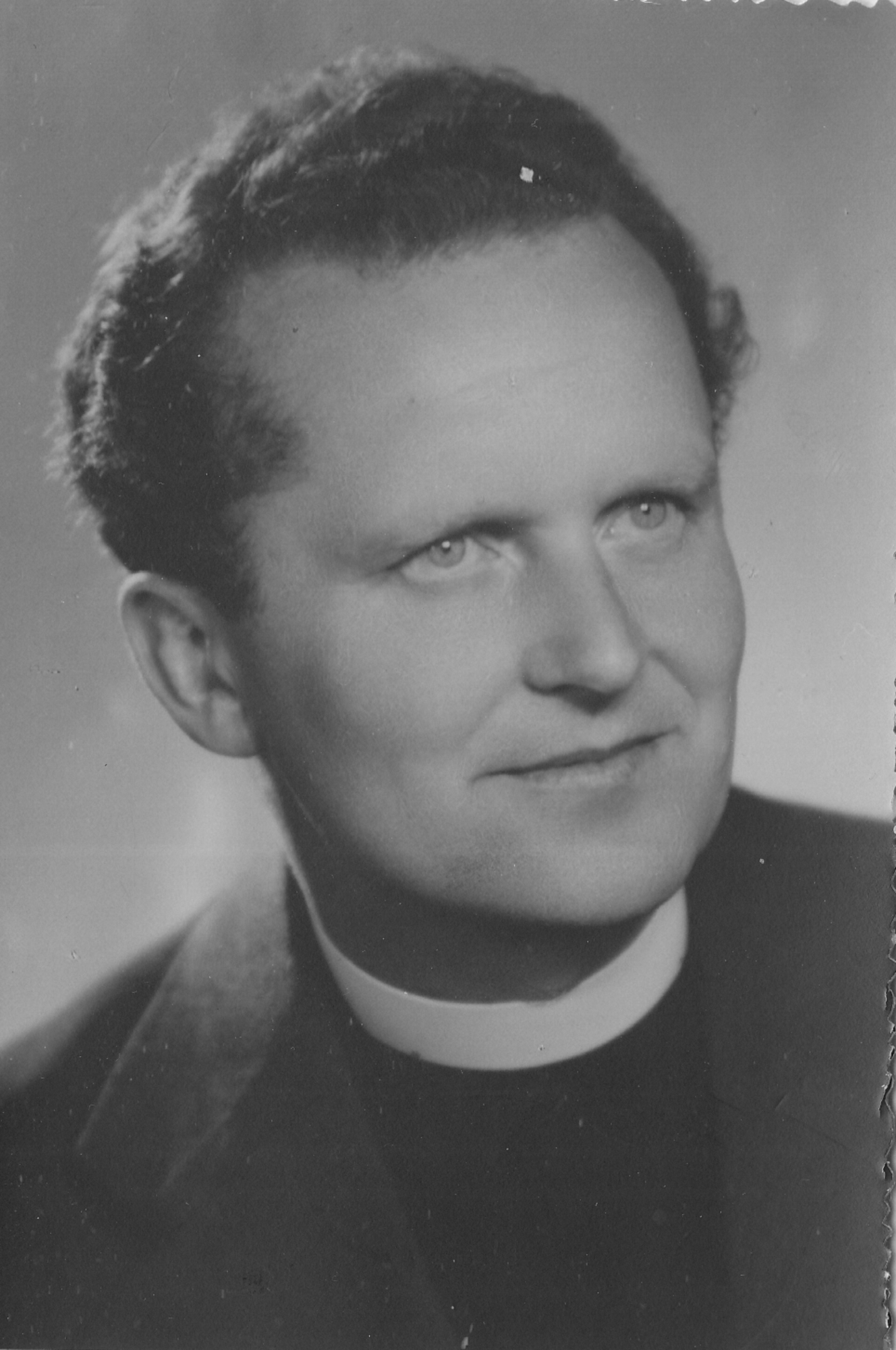
Download image
Mons. Vladislav Sysel was born on 30 April, 1922 in Libkov near Kdyně. He came from a multiple family with eleven siblings. His parents worked at the village farm. He attended elementary school in Loučim and then studied gymnasium in Domažlice. Following graduation in 1942 he attended clerical seminar in Dolní Břežany. In January 1943 the working office sent him to forced deployment to Germany. He worked at the Reich railway first as an external switch-man at the Berlín-Rummelsburg railway station. After a year and half in Berlin he managed to get transferred to protectorate and worked as a manual worked at the loading railway station in Prague-Žižkov and then began to train as a dispatcher in Domažlice. After the WW2 was finished he shortly studied medicine and since December 1945 until June 1949 studied theology at the Theological faculty of the Charles university in Prague. In June 1949 the eminent bishop, Antonín Eltschkner, consecrated him to priest and in August Vladislav Sysel became a chaplain in Kralovice. In the Western Czech town he was active side by side with his cousin, a priest, Jaroslav Kubovec. Yet he escaped in September from the threat of imprisonment to the Western Germany. About a month later the witness was contacted by couriers, who brought him his cousin´s letter asking to send his passport and other stuff. The witness agreed to send all materials along with some money. The transfer group was revealed by the secret police and during interrogation also the name of Vladislav Sysel was mentioned. In August 1949 the secret police arrested him and after a half a year of interrogations in custody he was sentenced by the state court of justice in Prague to twelve years in prison for the crime of treason. He spent ten years in the Mírov prison. He was only released in 1960 during amnesty. Later he worked in the state farm in Kout in Šumava and Kdyně machine factory, where he stayed until retirement in 1983. During the Prague spring he co-founded K 231 in Domažlice and was active as a club secretary. During normalisation he was once again monitored by the state police that persecuted him and regularly interrogated too. For many years the witness kept asking for the state approval for execution of clerical activities. Quite unexpectedly he got it only in 1989, when the church secretary made him an administrator of the parishes in Dlažov, Bezděkov, Chudenice and Poleň. Following the velvet revolution the witness improved the Czech and German relations and renewed the traditions of holy pilgrimages of the Virgen Mary of Loučim to the Bavarian town of Neukirchen beim Heiligen Blut. In 1994-2002 he worked as regional vicar of the Klatovy vicariate. Nowadays he is retired and lives in Kdyně.
